Environmental Laws & Regulations
Hong Kong applies a number of international environmental protection conventions and has enacted a series of laws and regulations as part of the Government's commitment to environmental protection. Here you can learn more about these areas of concern, and how you can access guidelines or ordinance content that may affect your industry or business.
International Conventions
Currently, Hong Kong is applying international conventions in the following areas:
- Conservation
- Global climate change
- Hazardous waste
- Marine pollution
- Ozone layer protection
- Persistent organic pollutants
- Hazardous chemicals
- Mercury
Environmental Legislation and Enforcement
Environmental protection legislation has been enacted in eleven major areas.
Air Pollution Control Ordinance provides for the control of activities that produce air-borne emissions, such as:
- Specified processes, including aluminium works, cement works and ceramic works
- The installation or alteration of fuel-burning equipment and chimneys
- Activities that involve the supply, import, transhipment and use of asbestos or asbestos containing material
- Construction works
- Open burning
- Import or local manufacturing of VOC-containing products
- Fuel used by ocean going vessels during berthing
- Emissions from non-road mobile machinery
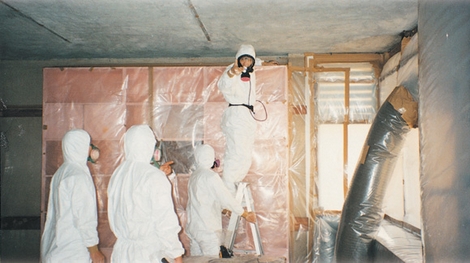
Ozone Layer Protection Ordinance controls the importation and exportation of ozone depleting substances.
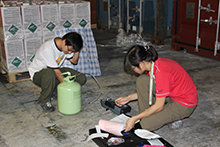
Water Pollution Control Ordinance covers the control of:
- Effluent from industrial, institutional and commercial premises
- The discharge of domestic sewage from institutional and commercial premises in un-sewered areas
- Domestic sewage treatment plants and domestic premises in un-sewered areas
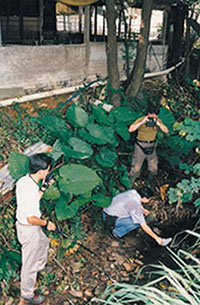
More on Water Pollution Control Ordinance
Waste Disposal Ordinance controls pollution caused by all forms of waste.
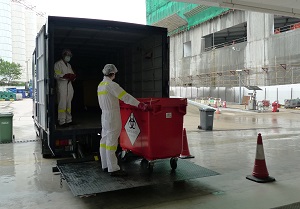
Dumping at Sea Ordinance controls activities that involve the marine dumping of dredged mud or the use of oil dispersants and similar substances.
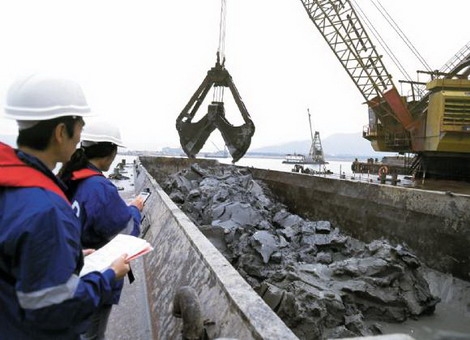
Noise Control Ordinance provides controls to restrict and reduce specific sources of environmental noise.
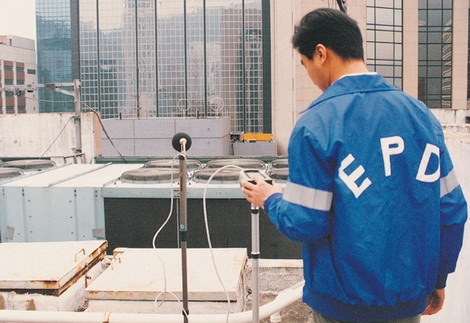
The purpose of Environmental Impact Assessment Ordinance is to avoid, minimise and control the adverse environmental impact of designated projects through the application of the EIA process and the environmental permit system.
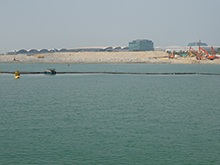
Hazardous Chemicals Control Ordinance regulates the import, export, manufacture and use of non-pesticide hazardous chemicals.
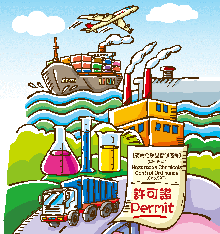
Mercury Control Ordinance regulates the export, import, keeping and use of mercury, mercury mixtures and mercury compounds; controls the export, import, manufacture and supply of certain mercury-added products; and controls certain manufacturing processes in which mercury or mercury compounds are used.
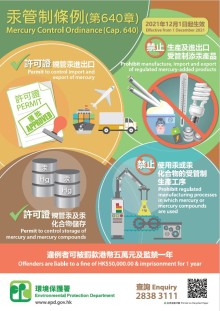
Product Eco-responsibility Ordinance provides a legal basis for introducing producer responsibility schemes, the Plastic Shopping Bag Charging has been fully implemented since April 2015. The Producer Responsibility Scheme on Waste Electrical and Electronic Equipment (WPRS) and the Producer Responsibility Scheme on Glass Beverage Containers (GPRS) have been fully implemented in 2018 and 2023 respectively.

More on the Product Eco-responsibility Ordinance
Plastic shopping bagsWaste electrical and electronic equipment (WEEE)Glass beverage containersThese ordinances are enforced through the issuance of licences and permits for controlled activities. The failure to hold a valid licence or permit when engaging in such activities can result in penalty and imprisonment.
Besides, the Motor Vehicle Idling (Fixed Penalty) Ordinance prohibits drivers from causing or permitting their vehicle engines to operate for more than 3 minutes in aggregate in any 60-minute period while the vehicles are stationary (“idling prohibition”).
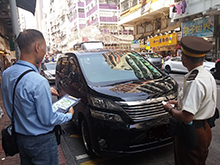
Guidelines and Ordinance Content for Industries and Trades
If your industry or business is subject to control by environmental protection legislation, you can refer to the compliance guides for and the exact content of the respective ordinances through the following links.
More on compliance guidesEnvironmental legislation content